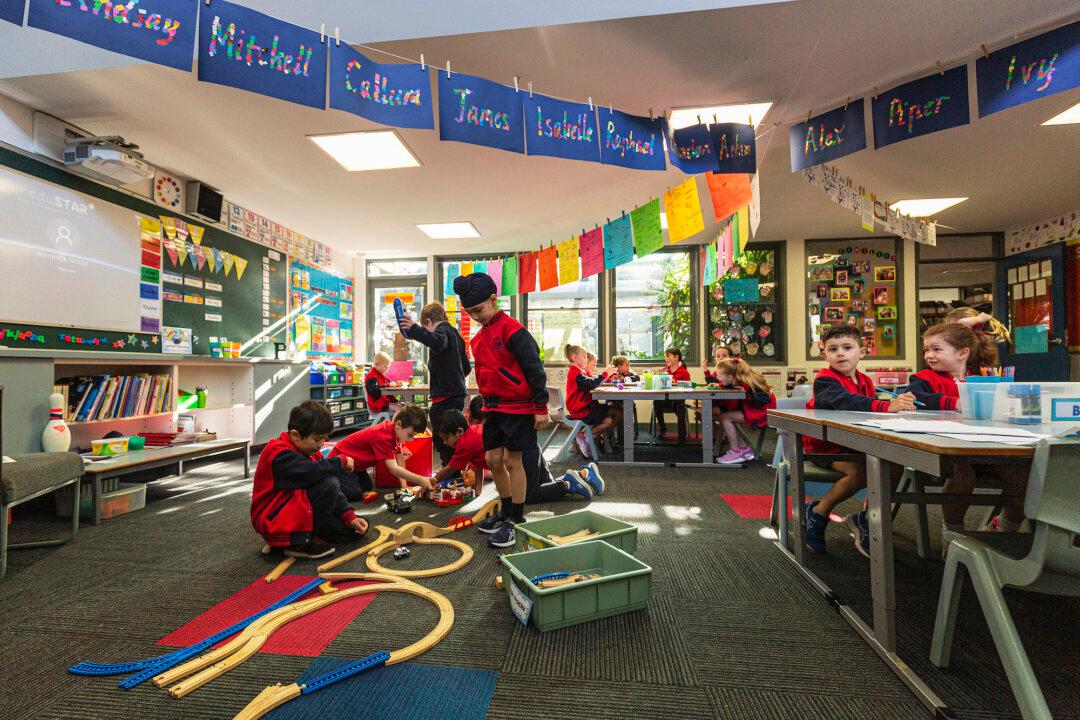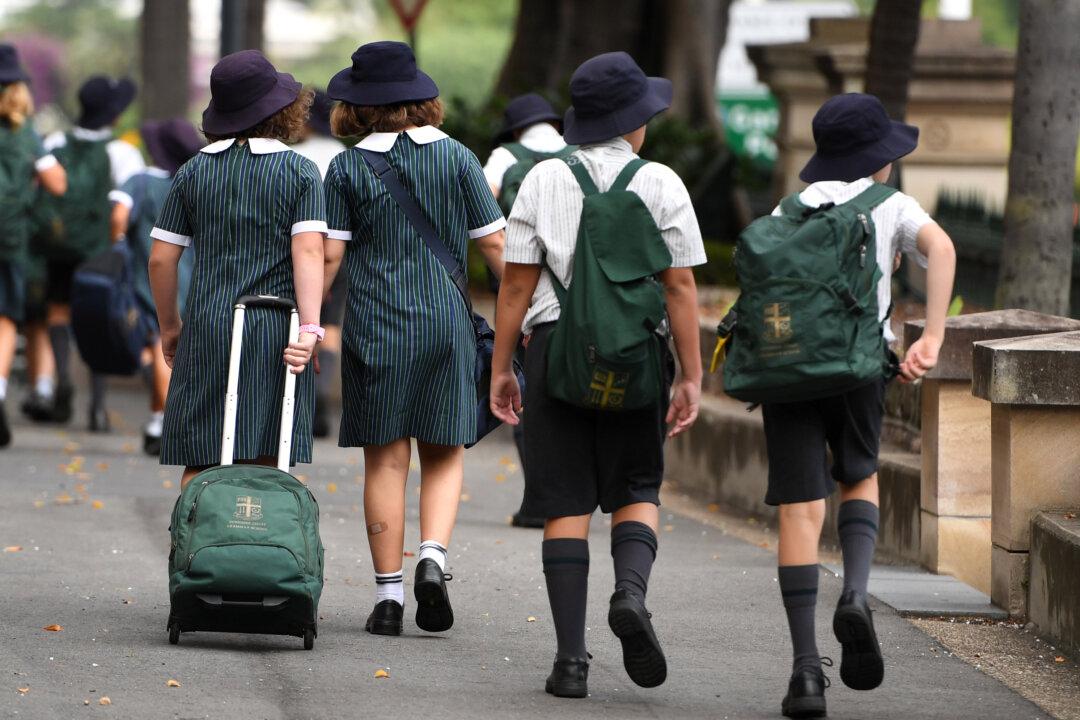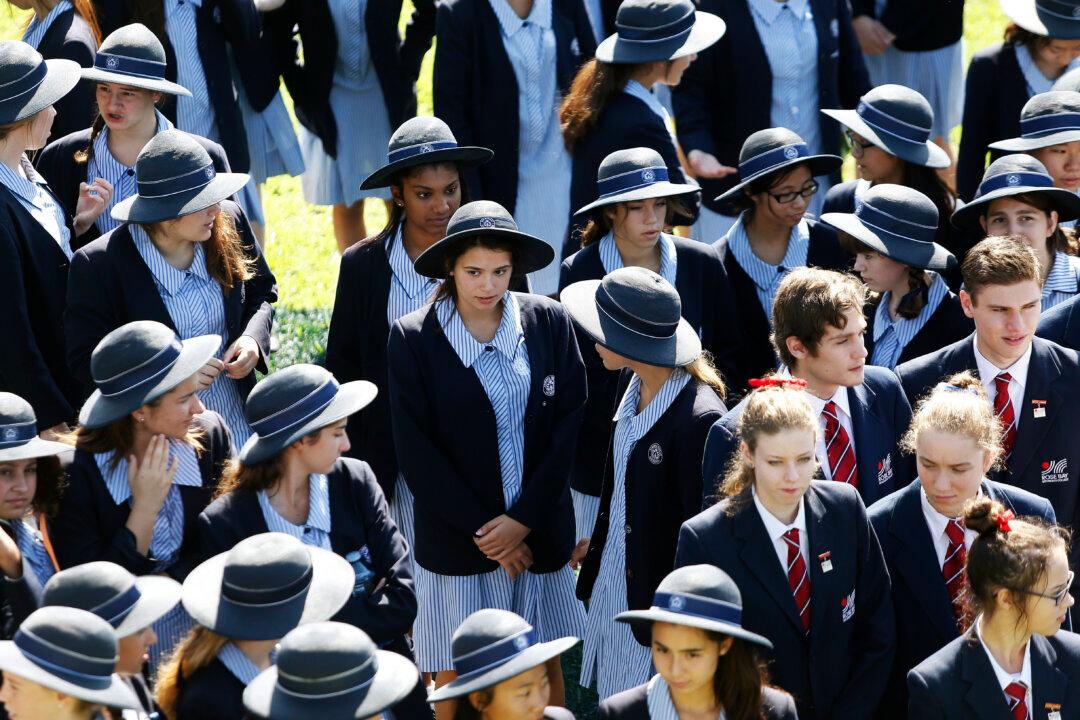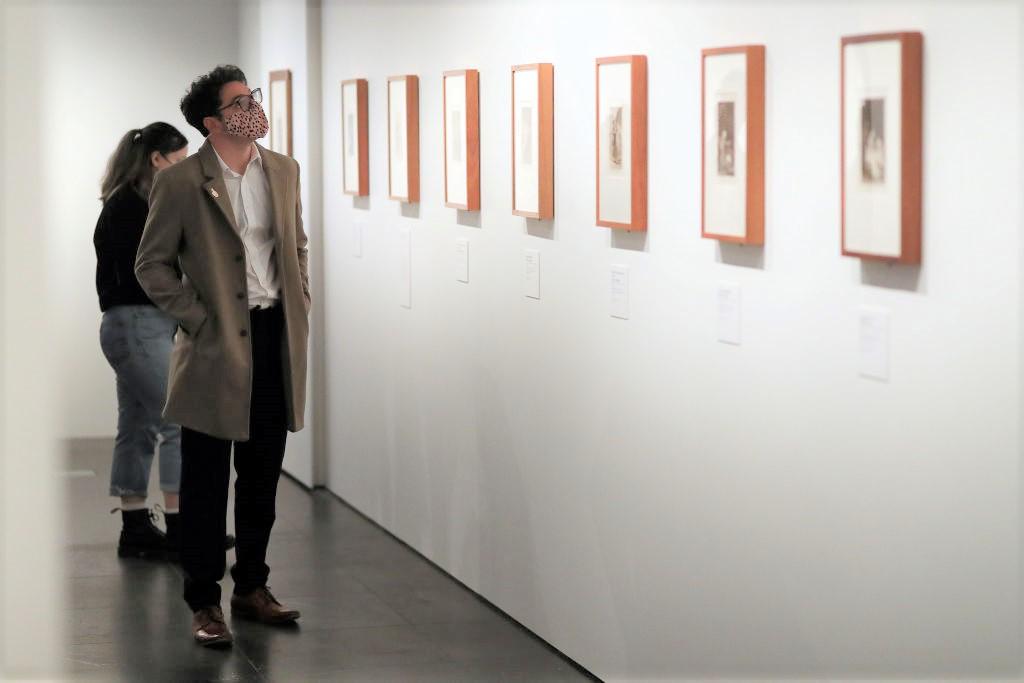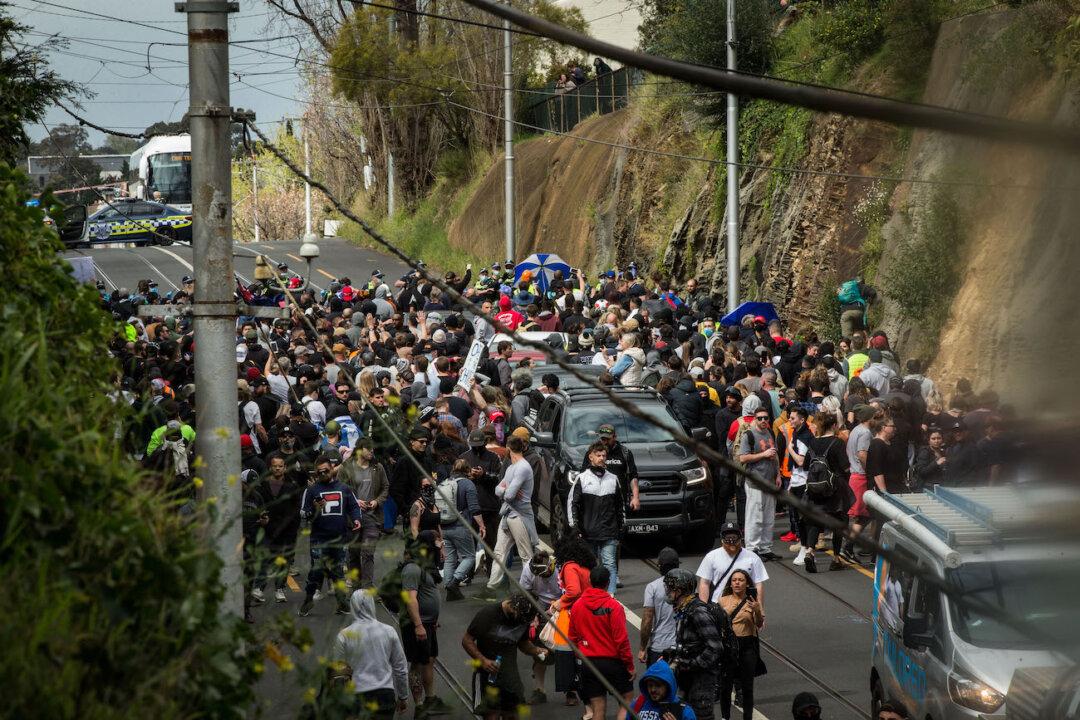Commentary
In 2004, the Federal Education Minister, Julie Bishop, proposed the creation of a National Curriculum. Bishop argued that it would benefit all Australians as it would take education out of the hands of ideologues occupying state bureaucracies and give it to a national board of studies that would be made up of educators from the “sensible centre.”
